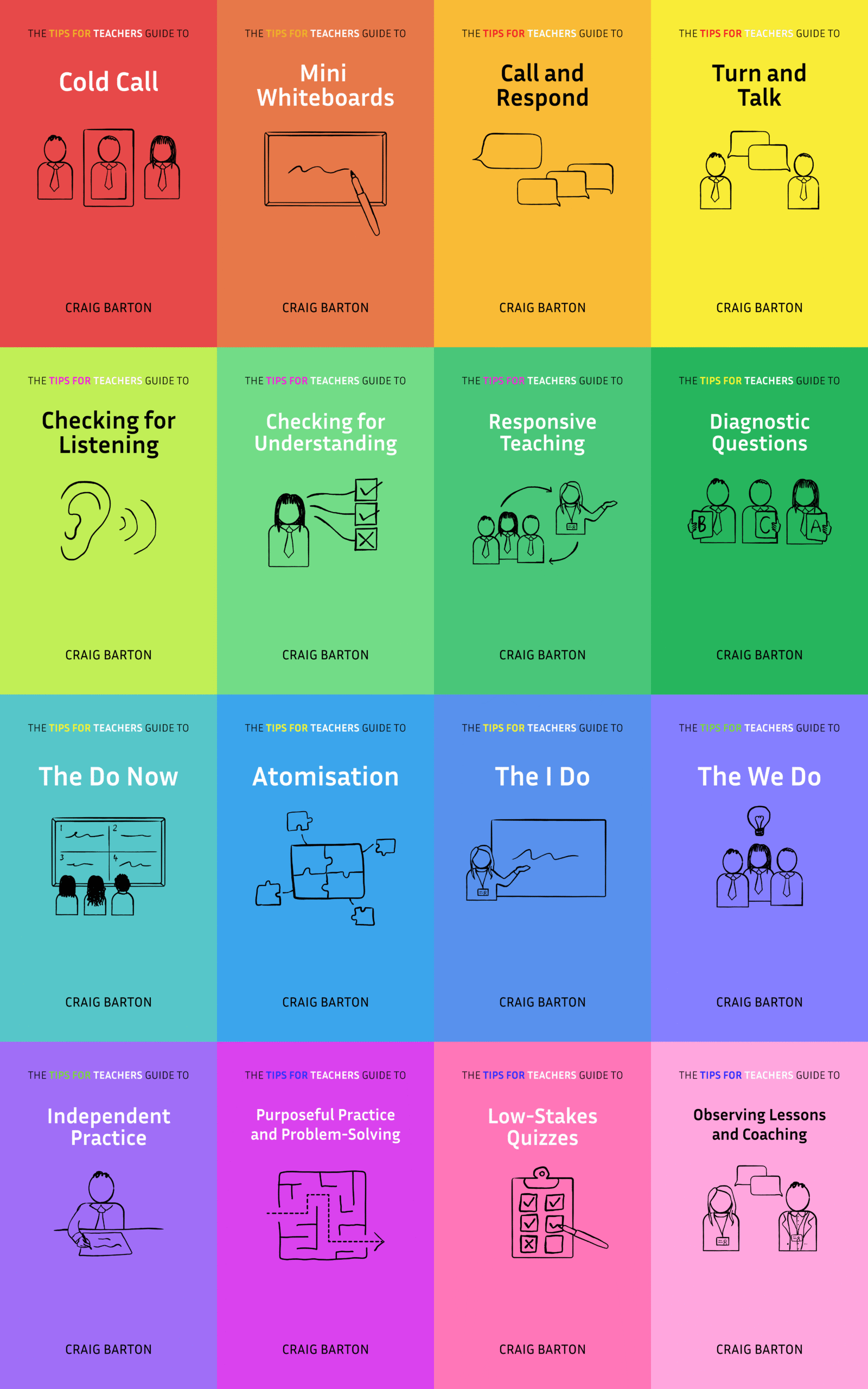Summary
This YouTube video discusses classroom management, emphasizing that teachers must be in charge to establish a structured learning environment. The speaker argues against overly democratic approaches, advocating for clear rules and consistent enforcement while building positive teacher-student relationships. The importance of scaffolding student responsibility is highlighted, with the suggestion that teachers gradually relinquish direct control as students internalize expectations. Finally, the video offers advice on how novice teachers can effectively learn classroom management techniques from experienced colleagues, recommending observation of teachers managing new classes and subsequent discussion to understand the underlying strategies.
Time-stamps
- 0:23-1:40: The speaker emphasizes the importance of teachers taking charge of the classroom and establishing their authority. Students need and expect adults to be in charge and set clear boundaries. Teachers should not be afraid to assert their right to run the room and enforce the rules.
- 1:40-2:54: The speaker discusses the idea of scaffolding responsibility for students. While persuading students about the importance of rules, teachers should also consistently enforce them, helping students develop good habits.
- 2:55-3:50: The speaker cautions against teachers abdicating their responsibility by engaging in endless discussions or debates with students about classroom rules. Teachers should be confident in their role and avoid pretending to be in charge if they are not.
- 3:50-5:32: In response to a question, the speaker clarifies that the teacher’s role in running the room does evolve over time. As students become more responsible, teachers can take a step back from constantly enforcing the rules. However, teachers must always retain the authority to intervene when necessary.
- 5:33-7:58: The speaker addresses the challenge of learning effective behavior management techniques from more experienced teachers. Observing a veteran teacher who has already established routines might not be helpful because their methods might seem invisible. The speaker suggests that novice teachers should instead focus on observing experienced teachers who are starting with new classes, as this will reveal the explicit strategies they use to set expectations and enforce rules from the beginning.
- 7:59-8:45: The speaker uses an analogy to explain that observing an expert is only useful if the expert breaks down their process and explains their techniques. To learn effectively, novice teachers need to see the underlying structure and decision-making behind successful classroom management.
The speaker emphasizes that teachers must act as responsible adults and establish clear expectations and boundaries for student behavior to create a safe and productive learning environment.
What are the key implications for teachers in the classroom?
- Teachers Must Establish and Maintain Authority in the Classroom. This is crucial for effective classroom management. Students need to see the teacher as the one in charge, who sets and enforces the rules. This is not about being authoritarian but about providing the structure and boundaries that children need to feel safe and learn effectively.
- Teachers Should Scaffold Responsibility for Students. While it is important to set clear expectations, it is equally important to guide students in meeting those expectations. This can involve explaining the rationale behind the rules, providing positive reinforcement for good behavior, and offering consistent reminders and support.
- Classroom Management is an Ongoing Process. While it is essential to establish clear rules and routines from the outset, the teacher’s role evolves as the year progresses. As students internalize expected behaviors, the teacher can gradually take a step back from constant monitoring and reminders. However, they must always retain the authority to step in and address any issues that arise.
- Observing Other Teachers Can Be Valuable, But It’s Important to Be Strategic. Novice teachers can learn a great deal from observing more experienced colleagues. However, to gain real insights into classroom management techniques, it is more helpful to observe teachers starting with new classes rather than those who have already established their routines. Watching a teacher set up their classroom culture from scratch reveals the specific strategies they use to lay the groundwork for good behavior.
- Focus on Understanding the Decision-Making Process. Simply observing a teacher’s actions is not enough. To truly learn from another teacher, it is crucial to understand the thinking behind their decisions. Asking questions about their approach, discussing specific situations, and even filming lessons for later analysis can be valuable learning tools.









